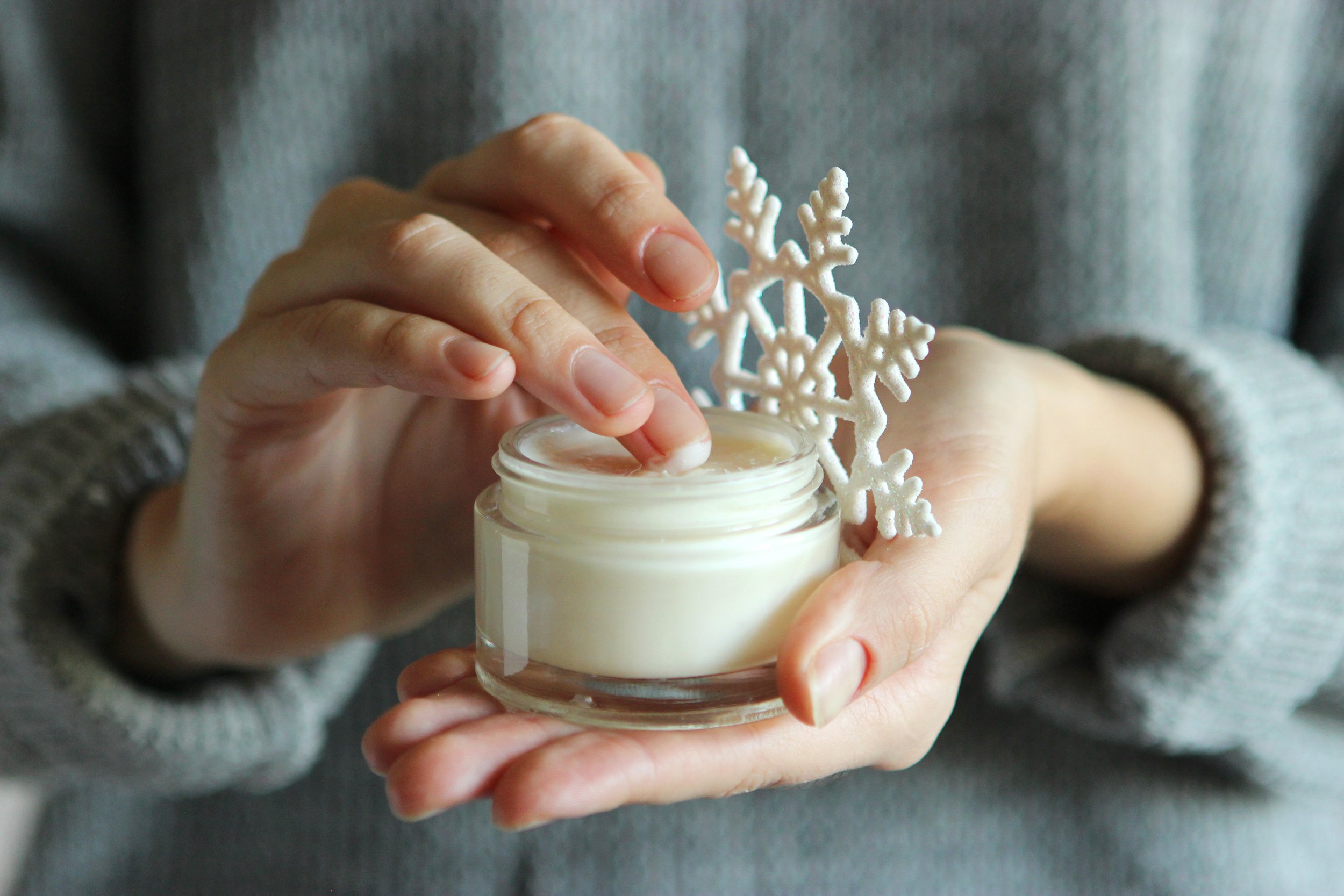People look forward to winter because of a lot of things: spending the holidays with loved ones, giving and receiving gifts, relishing hot cocoa and mulled wine, snuggling in front of the fireplace, and having snowball fights. But the cold weather? Only 1 out of 10 says that winter is their favorite season.
The cold weather could be a major turnoff to many people. It may make you moody or feel depressed and causes your skin to experience a lot of drama.
The good thing, though, is that the past several years saw the emergence of a new skincare revolution that helps make your skin glow, even during the harshest season of the year. Part of this revolution is probiotics, which are the latest and most talked about skincare discovery. But what is this current sensational skincare trend really about?
Definition Of Probiotics
Probiotics are commonly known as 'good' or 'helpful' bacteria. They are live bacteria or yeasts with health benefits when consumed or applied to the body.
The common misconception about bacteria is that they are harmful and destructive for you. But many bacteria are actually helpful. These good bacteria help you digest food, produce vitamins, and destroy disease-causing cells. Many microorganisms found in probiotic products are similar to those naturally in your body. This community of microorganisms living inside your body is called the microbiome.
The latest skincare trend addresses many skin conditions and even delays skin aging. Probiotics and the winter season are said to go well together. Here are the reasons why you need to include probiotics in your winter skincare kit:
1. Probiotics Address Acne Flare-ups
The shock of the cold season makes acne break out prominently. This is because winter is the driest season of the year. The dry season causes the skin to produce more sebum than before. Sebum is the oily substance your sebaceous glands produce. When the sebum rises to the skin's surface, it could create sebum plugs or clogged pores, which are a recipe for acne breakouts.
Adding probiotic skincare products in your winter stash will be a game changer. Probiotics will regulate inflammations and serve as a barrier against pathogens. The good bacteria in probiotics will kill the pathogenic bacteria, thus, preventing infections from happening.
2, Probiotics Lead To Supple And Healthy Skin
The extreme cold brought about by winter can inflict terrible damage on your skin. Moreover, the cold, dry air can make your skin itchy, irritated, red, and dry. Because probiotics control inflammation and serve as a blockade for pathogens as mentioned earlier, your skin becomes supple and healthy, producing a glowing effect.
3. Probiotics Help Calm Eczema And Psoriasis
Eczema, also called atopic dermatitis, is a skin inflammation caused by environmental triggers, such as pollen, fragrances, smoke, harsh soaps, and even stress. The skin gets itchy, dry, inflamed, and it may crack and have blisters.
Psoriasis, on the other hand, is a chronic disease that has no permanent cure; instead, the condition goes through cycles. The skin suffers from flaring, making it itchy, red, and scaly. Winter is tough on the skin, especially for recurring eczema and psoriasis. The cold, dry air draws moisture away from the skin, causing it to get inflamed and develop red patches.
Probiotics can help calm the skin by acting as a protective shield and preventing harmful microorganisms from provoking an immune reaction. They also increase and preserve hydration on the skin's surface, thus, making it moisturized and less itchy. And since the symptoms of both eczema and psoriasis are effectively managed, you'll be able to enjoy winter holiday celebrations comfortably and confidently.
4. Probiotics Help Abate Rosacea
Rosacea is a skin condition that causes redness and blood vessels on the face to be highly noticeable. Like psoriasis, rosacea doesn't have a cure, but people suffering from it can manage its symptoms. The skin condition can cause persistent flushing on the central part of the face. Some people also get pus-filled bumps similar to acne.
The affected area may sting too and feel hot to the touch and, at times, tender. Furthermore, winter aggravates the condition of most people with rosacea. Hence, including probiotics in your winter skincare routine may help diminish the redness of the skin caused by rosacea.
5. Probiotics Delay Skin Aging
The dryness of the air during winter may speed up skin aging. The harsh conditions may show up in the skin through fine lines and wrinkles on your forehead, smile lines, and the corners of your eyes.
Using probiotics topically during the cold season will stimulate the production of collagen and elastin, the proteins on the skin that make it strong, youthful, and elastic. It will facilitate the skin's natural repair and renewing capability as well.
Conclusion
No season should ever limit you from enjoying festivities. By using probiotics as part of your skincare routine during winter, you won’t have to stay cooped up in your room. You can head out, have fun, and stay confident.














